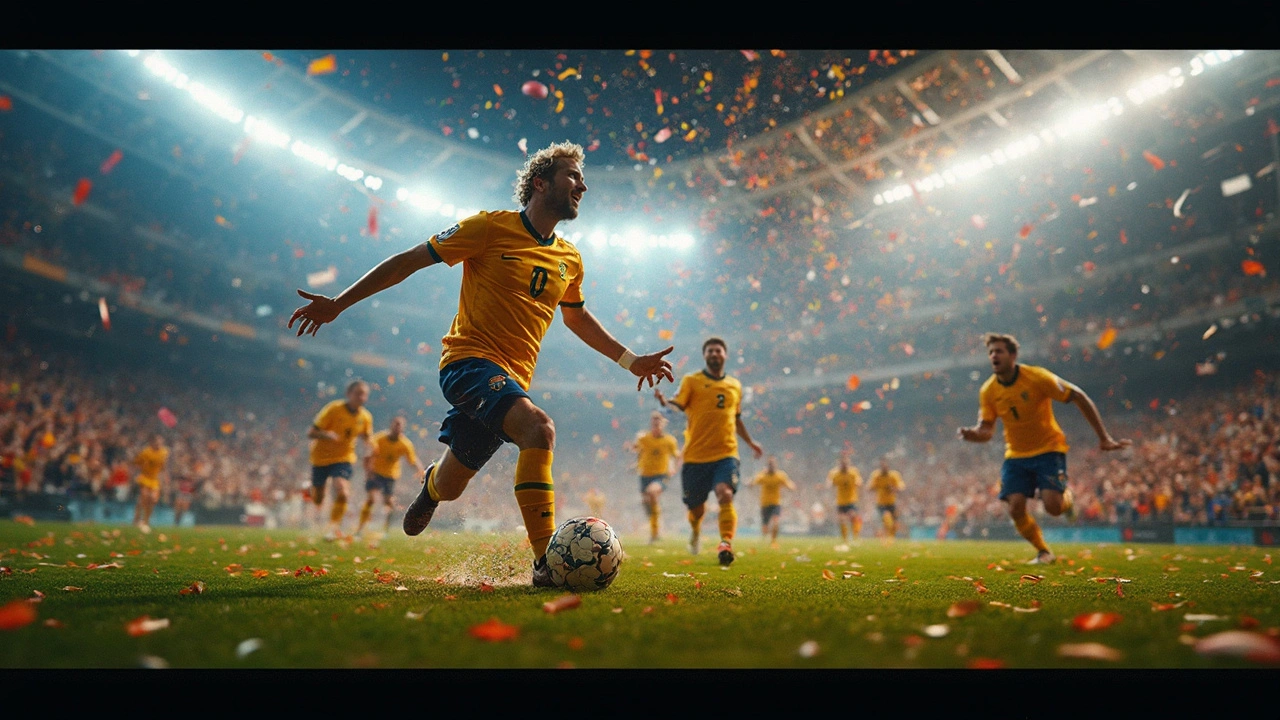Ice Hockey: Stay Safe, Play Hard
Ice hockey feels like a rush – the speed, the hits, the roar of the crowd. But the excitement can hide hidden risks. If you want to keep skating, scoring, and staying injury‑free, you need a game plan that blends smart gear, solid training, and a little medical know‑how.
Common Hockey Injuries and How to Dodge Them
Most players face the same culprits: bruised ribs from body checks, sprained ankles from quick pivots, and the dreaded concussion from a puck or stick impact. A study from a sports clinic shows that over 30% of players report at least one concussion in a season. The good news? Simple changes can cut that number dramatically. Always wear a certified helmet with a proper fit, and replace it after any serious hit – even if it looks fine.
Shoulder pads that cover the top of the shoulder and the clavicle protect the joint where many strains start. For ankle stability, lace your skates snugly and consider an ankle brace if you’ve had past sprains. These bits of equipment cost a few dollars but save weeks of rehab.
Boost Performance with Nutrition and Recovery
Your body runs like a high‑performance engine on the ice, so fuel it right. Carbs keep your glycogen stores topped up for those intense shifts, while protein helps muscle repair after a hard game. A quick snack of a banana and a handful of nuts 30 minutes before you lace up can keep energy steady.
When the final buzzer sounds, the recovery phase kicks in. Ice baths or cold packs on sore muscles reduce inflammation – think of it as a reset button for your muscles. For joint pain, over‑the‑counter anti‑inflammatories like ibuprofen work, but follow dosing guidelines and talk to a pharmacist if you’re unsure.
Stretching isn’t just for yoga fans. A 5‑minute routine focusing on hamstrings, hip flexors, and calves will improve flexibility and lower the chance of a groin pull. If you feel tightness the next day, a gentle foam‑roller roll can keep the tissue loose.
Finally, listen to your body. If headaches, dizziness, or blurred vision appear after a hit, get evaluated for a concussion right away. Early detection means faster return to play and less chance of long‑term issues.
Whether you’re a rookie hitting the local rink or a seasoned pro chasing a championship, these practical steps keep you on the ice longer and healthier. Use the right gear, fuel up smart, and respect recovery – that’s the recipe for enjoying ice hockey without the sidelines.
-

Finnish Sports 2019: Standout Athletes, Missed Finals, and Big Surprises
Finnish sports in 2019 saw Teemu Pukki shine, the national football team make headlines, and an ice hockey season cut short. Dive into the highs, lows, and key moments.